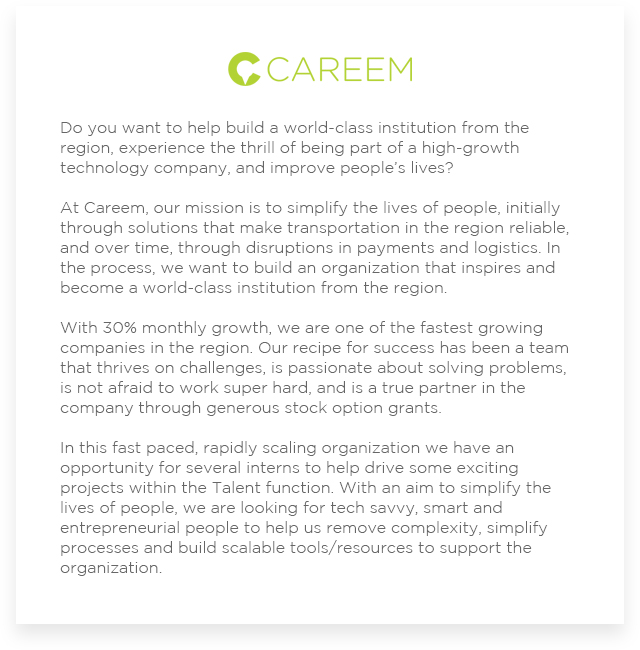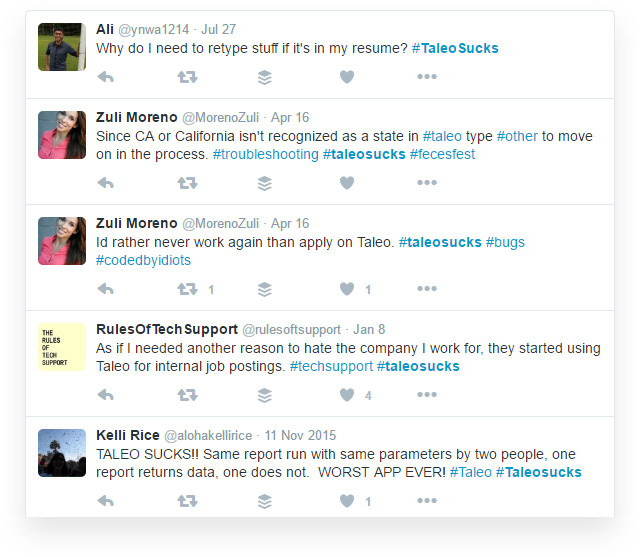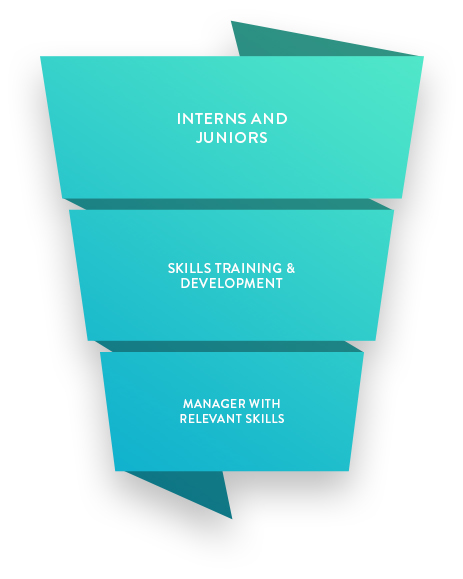So you’ve had a job opening for months. You’ve interviewed multiple candidates but none of them are meeting your requirements.
Too little experience, no experience, not the right fit. Is it that nobody is looking for jobs? Or is it that you aren’t attracting the right candidates?
Recruitment can be a hassle, it’s expensive and time consuming, and the longer a much needed position sits open, the more likely it becomes that you’ll see a dip in productivity. So what do you do?
1) Never underestimate a clear, detailed and easy to understand job description
We’ve given you advice about writing job descriptions here before, and Oliv has a lot of resources at your disposal to help you write a great job description.

The most important thing to keep in mind is that a job description is a potential candidate’s first introduction to your company, so you want to make sure that you come across favourably.
Get rid of jargon and make your expectations clear, otherwise talented and experienced job seekers are going to pass you over as unprofessional, while inexperienced job seekers won’t know whether or not you’re looking for them.
2) Keep the application process simple
Don’t believe this makes a difference for the right candidates? Try looking into #taleosucks on Twitter (Taleo is a cloud-based talent management software vendor that was acquired by Oracle).

While researching for this post, I was looking into job applications for interesting positions. However, I gave up in about twenty minutes into most of the application processes (yes 20 minutes).
Not only did I have to cut and paste my resume and education into their boxes while trying to remember the contact number for a job I held 11 years ago, but I also had to take an online personality and aptitude test, part of which was math’s problems that have nothing to do with my chosen career path!
I’m sure the rationale behind this is that they think they are weeding out unqualified candidates, however they’re wrong.
Candidates who know their worth aren’t likely to spend an hour or two figuring out or sifting through a long application process.
Try thinking about your applicants as your customers, a bad user-experience is a bad user-experience.
3) Put your best foot forward when reaching out
Be it over a phone call, career fair or Skype interview, you want to make sure you show off your best employees and work so the thought candidates take away is “I want to work with people like them.”

Make sure you’re prepared before reaching out to top talent with your company’s greatest accomplishments and plans.
It’s important to ignore the temptation to delegate the initial hiring process to someone in your organisation that might not have the same stake in it as you do.
You want the candidates to be clear about what the role and it’s responsibilities entail; to know if they join you, they’ll be part of great things to come and opportunities worth working towards.
Going in with a mentality that as an employer, you’re above a candidate or at a power position to give them their “big break”, isn’t the attitude that should be carried through.
It can be off-putting and seem conceited to the most talented job applicants.
4) Create a talent pipeline
Developing a talent pipeline means always being on the lookout for possible future hires.

It’s not something you can build overnight, but it’s certainly worthwhile when a job opening comes up. One of the best ways to create a talent pipeline is through internship programs.
A successful internship program will introduce fresh graduates to your organisation, arm them with needed skills and experience, and leave them with a sense of loyalty to you.
Even if you are unable to offer an intern a job immediately the relationship will last for years.
It’s time to start thinking differently about your junior hires, they’re far more important to your business than you might realise.
Being actively engaged in the type of entry-level talent your company onboards and developing their skills relevant to your business solves other major challenges for mid-to-senior level requirements.
Treat recruitment like you treat your sales and you’ll have a much more sustainable system of talent rather relying on poaching others’.
See you next week. If you have something you want to learn more about when it comes to students and graduate recruitment, let me know in the comments below or hit us up on Instagram.
PS. Get weekly posts straight to your inbox
Join +4,500 employers getting our weekly posts about growth.
